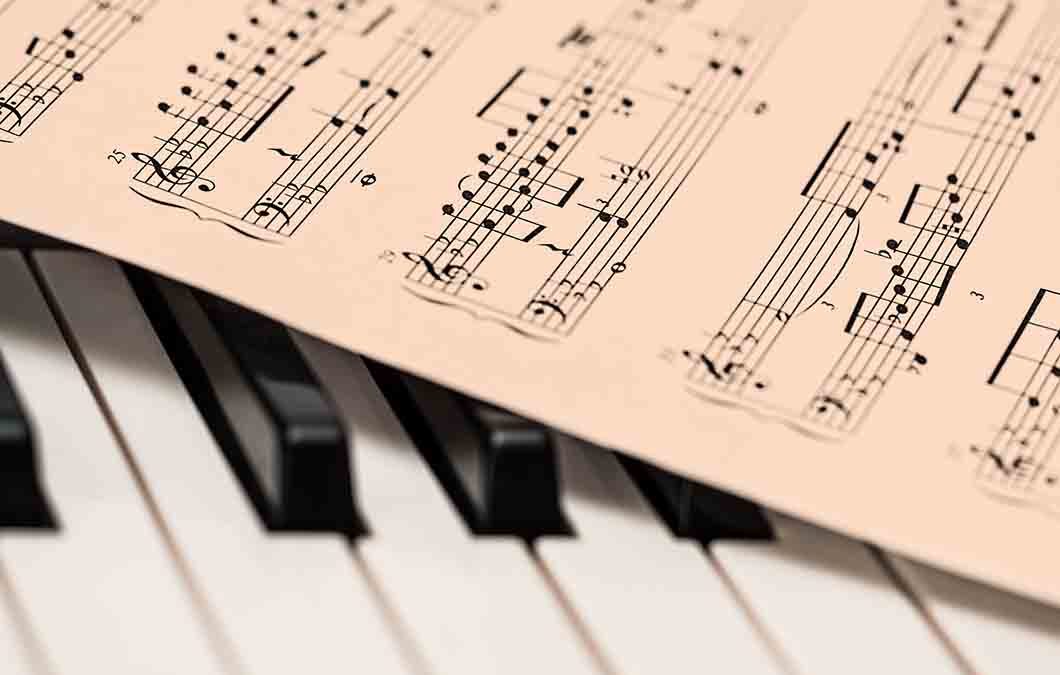I often get asked for advice regarding how to practice a new piece effectively. The following are my tried and true tips for effective practice.
Tip #1 – Practice hands separately at first
When learning a new piece start out practicing each hand separately. Focusing on each hand individually will allow you to pay attention to more details. Practice this way until each hand is easy and fluent. Then try putting the hands together. Add notations to the music where needed to remind you of a correct note or fingering as you do this but be sure not to overdo it as too many marks will distract you from actually reading the music. Careful practice one hand at a time to start will help prevent bad habits from creeping into your playing that can be hard to fix later.
Tip #2 – Pay attention to the notes, fingering and rhythm
As you practice, pay careful attention to note accuracy, fingering, and rhythm equally from the very beginning. Practicing a piece correctly from the start will make it easier to achieve the quality of playing that you can be proud of.
Tip #3 – Slow practice is essential to building skill
Slow practice is the fastest way to achieve proficiency in your playing. If you find yourself missing notes, using awkward fingering, or not holding notes for the correct count, you are going too fast. Slow down.
#4 – Divide and conquer
Break the music into smaller sections as you practice. The sections could be 4 lines, 4 measures or even 4 notes. Also, don’t be afraid to take breaks if you get tired and have a hard time staying focused. Breaking the music down into sections will prevent you from becoming overwhelmed and make a passage easier to learn.
#5 – Start with music that is appropriate at your skill level
Starting with music that is appropriate for you is crucial. If you have to practice with hands separate for two weeks before attempting hands together for example, the piece is too advanced and you would be better off choosing something more appropriate. Attempting a piece that is too advanced can lead to frustration and disappointment and takes away the fun of achievement.
Bonus Tip #6 –Start adding expression once you have become comfortable with all music
Musical expression is what makes all music come alive and not sound mechanical. This can only be achieved after you have acquired a reasonable level of proficiency however. Work on the first five tips before working on expression.
Happy practicing!

